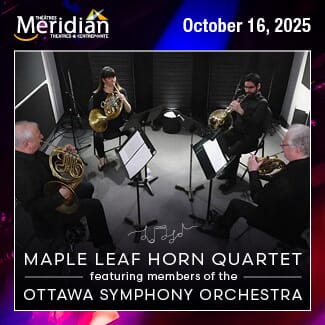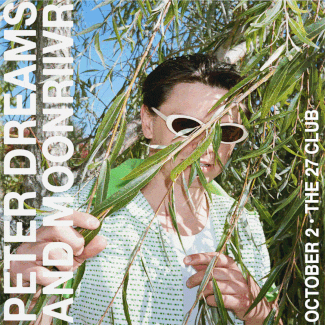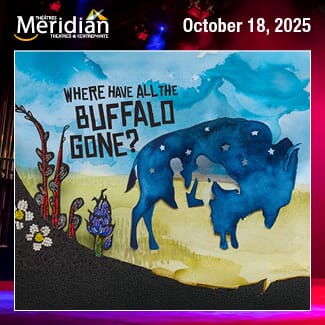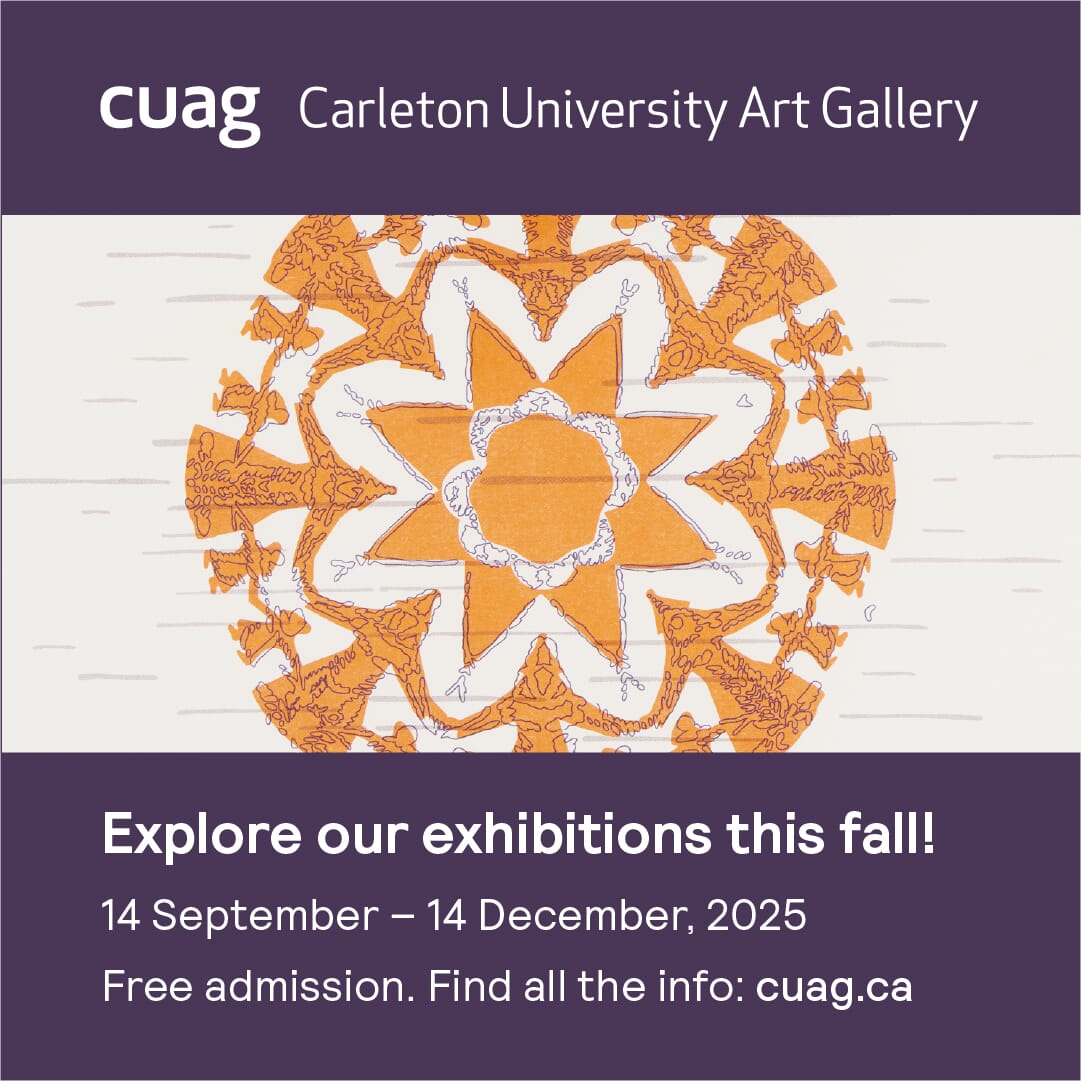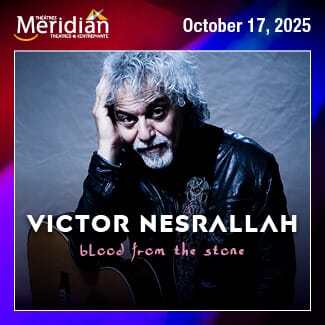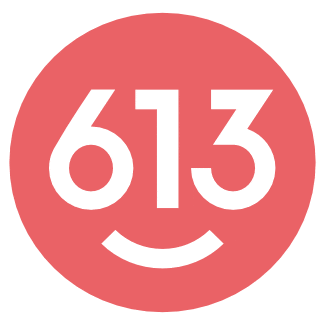Hub Ottawa is much more than a space. It offers an inspiring work environment, diverse community, and a focus on collaboration, peer learning, and member engagement. Hub is currently recruiting its 3rd cohort of Impact Academy, a program that offers targeted skills development for entrepreneurs, nonprofits, and professionals interested in learning practical tools for change. Participants choose a particular project to work on from inception all the way to making it happen.
To get a flavour for what the program was all about, I chatted with Tabatha Soltay, Impact Academy alum and former public servant. It’s not easy at all to make the jump from a cushy government job to the unknown, but that’s what Tabatha Soltay did. Soltay always had lots of ideas, but when she was in government she didn’t always have the time or support needed to develop them. When she finally got rid of the golden handcuffs, Impact Academy gave her the tools and network she needed to focus her ideas and develop them into something more tangible.
Impact Academy began a month after Soltay left government. She didn’t really know what to do for a test project, but after some friends said she’d be good at running a magazine she settled on that idea throughout the program. Learning the steps from generating an idea to building something concrete, and having other people that you can learn from, learn with, and bounce ideas off of, is what she appreciated most about the Academy. Other topics were more rooted in the day-to-day running of a social enterprise: simple finance like how to do your taxes as a small business, marketing advice like how to do a pitch, etc. The majority of the instructors were phenomenal. “They completely change your way of thinking.”
While Soltay began with the idea of creating a magazine, she went in a different direction to launch her first project: building games to help develop better policy. When she was working for government, she came to the conclusion that the policy-development process was broken. There’s a huge push to have people from the outside meaningfully engaged; this government is very keen on having other parties giving them policy ideas. But, she says, it has to go beyond: we did a report, we’re doing a community townhall, we change a few hyphens here and there, and voilà. We consulted.
“I got really interested in deliberative dialogue. I wanted to develop ways of engaging with other communities on issues that are important to them.” She also saw a need for communities themselves to learn. What better way to do that then through games? Her first game – REStrukt – is around whole of community resilience in disaster risk reduction – in other words, how to empower communities to understand their roles and responsibilities prior to a disaster.
She says REStrukt helps bring different stakeholders together and explore issues in novel ways. It helps people step out of the roles. It’s more of a deliberative dialogue tool to start a conversation.
Her plan is to test this game out with other groups, and she’s open to developing games that will focus on other policy issues. Eventually, she’d like to get into environmental issues given her background in environmental change and management.
Check out Impact Academy if you’d like to learn more or you’d like to register. Follow Tabatha’s adventure at @TabTalks on Twitter.

